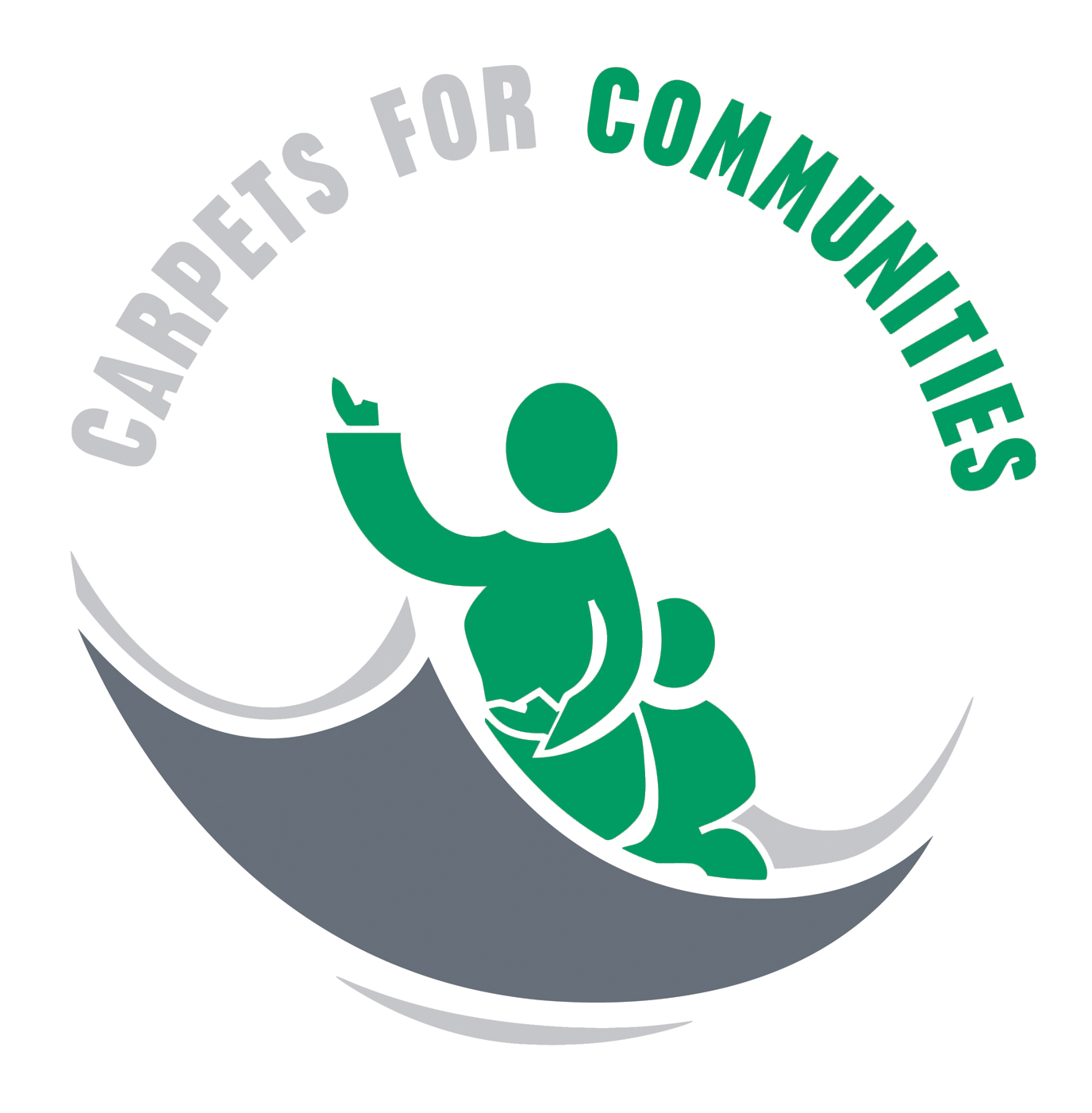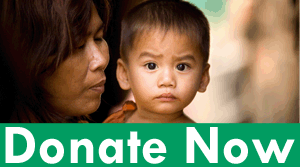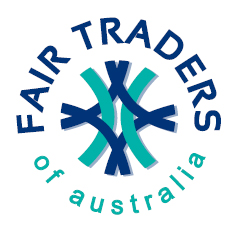 Our Purpose
Our Purpose
The purpose of Empowering Communities is to create the ultimate social enterprise model (Carpets for Communities) that empowers children, families and communities to lift themselves out of poverty and create true freedom for their futures.
Our Mission
Our core work is to offer immediate intervention to give at risk children an education through empowering their mothers to produce handmade, eco-friendly products which sell globally.
Our Focus
We have a core focus on women’s empowerment, child labour and anti-trafficking and target the poorest and most vulnerable in the community.
Our Goals
Specific program goals include:
• Empower women with the ability to provide their families with a stable income and build their capacity to do so sustainably.
• Increase the monthly income of target families.
• Increase school enrollment and reduce the number of children not attending in order to support their families.
• Eliminate child labour and trafficking among target families
Understanding poverty
Our organisation adopts a capabilities approach to understanding poverty. This means that we define poverty as a lack of commodities and resources and a lack of freedom to exercise them as ones wishes. This produces poverty as a cycle, trapping individuals and their families for generations through lack of stable income, disease, social exclusion and inequality. We believe that this cycle can be broken through utilizing education to provide individuals with transferable and sustainable skills and to promote equity for all – especially women and girls. Our organisation is also conscious that poverty means different things to different people, societies, and cultures and aims to understand and incorporate the needs and hopes specific to our target communities in our programs.
Our perspective
Understanding poverty in this way allows us to approach development as a continuum; whereby, social exclusion, poor health and economic hardship impact and influence each other to contribute to the poverty cycle. In this sense, we adopt an integrated approach to our programs, understanding the importance of education and empowerment, as well as income generation.
CFC adopts a strengths-based approach to development. This approach places emphasis on empowerment and potential rather than ‘lack’. We believe in the ability of individuals to develop by their own means once given assistance and support through skills training and income generation.
This approach allows EC/CFC to apply systemic thinking to development projects and activities. This means that our project planning and design looks at poverty as a system, implementing coordinated interventions in order to address issues affecting the system as a whole. Once the systemic barriers, such as gender inequality, corrupt law, and hierarchical social structures, are fully understood, specific areas can be targeted, thematic programs developed, and behavioral change encouraged. EC/CFC places emphasis on the systemic approach because we believe that it is the best tool to make sustainable and lasting change. This approach is not about applying ‘band-aids’ but finding real solutions to complex problems and enacting broad social change.
Approach to development
In order to achieve our mission statement, our strategic framework will be reinforced by our 5 principles which inform our approach to development.
Empowerment
We do everything through empowering means towards empowering ends. Empowerment means giving people practical skills that are relevant to their individual circumstances so that they can use these skills to create change for themselves. Our individual and community approaches recognize that we can play a role in strengthening and empowering communities and that this provides an enabling environment for people to help themselves. Effective community empowerment will ultimately make the organisation’s role in the community redundant. This principle is reinforced through our strong no-handouts policy.
Education
Education is inherently sustainable but should be improved using the most empowering and sustainable means. Through continued education, people and communities can constantly better themselves. It enables people from all backgrounds to have a more enriched life. Education involves formal education, e.g. schooling, but also life skills. This focus on education informs our practice in micro-enterprise as we ensure to provide training in business skills and income management as well as providing financial resources.
Innovation
We constantly review our approach based on both literature, best practice and learned experience. We are always open to new or better ways of breaking the cycle of poverty. We take actions in a way that dynamically increases our impact. We highly value the importance of participatory monitoring and evaluation to ensure not only the effectiveness of our projects and donor satisfaction; but also to ensure that we are able to suitably evaluate and adapt our project activities so that they may evolve alongside the needs of the people.
Sustainability
We are not about quick fixes as they generally don’t work. We’re in this for the long term and take a generational approach. This means that we support the youth and students but also recognize that it’s important to work with their families to ensure that they have stable and supportive home environments and for the benefits to be gained from involving the family.
Social, Economic and Environmental Sustainability guides our actions and strategies to developing long-run solutions to wider issues. We adopt a systemic approach to our programs, creating solutions within our means, implementing appropriate monitoring and evaluation, taking account of mistakes and successes, with the ultimate goal of up-scaling successful projects.
Passion
We love what we do. Our passion for our work is apparent through the energy and drive that goes into every project. If you feel the same way, click here to learn about current volunteering opportunities.




























